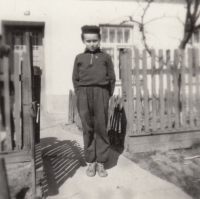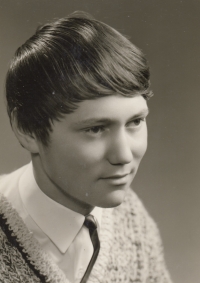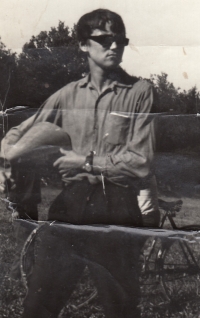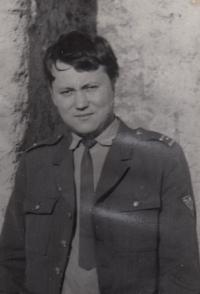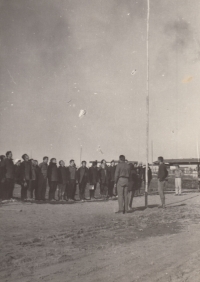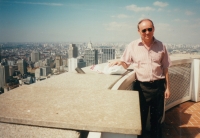That was the last time I saw Palach

Stáhnout obrázek
Augustin Konečný was born on 1 January 1948 in Zlín (since 1949 Gottwaldov). He grew up in the village of Hostišová, where his mother Františka worked in the local JZD (Unified agriculture cooperative), while his father Augustin commuted to Gottwaldov for work. After primary school in Myslčovice (1963), he graduated from the secondary school of general education in Otrokovice and in 1966 he started studying econometrics at the University of Economics in Prague. During the temporary relaxation and censorship of the press, he contributed to the student magazine Ekonom. At the same time, between 1967 and 1969, he went abroad every year on summer student work experience. In January 1969, he attended the funeral of Jan Palach, whom he had known from his summer job in the Soviet Union in 1968. A group of workers, led by Jan Palach, returned to Czechoslovakia just a few days before the invasion of the Warsaw Pact troops. With the onset of normalisation, the new communist leadership temporarily expelled Augustin from school. The reason for this was that his articles in Ekonom during the Prague Spring were inconvenient for the regime. After a year of manual labour in the JZD, he was able to return to his studies, successfully completing them in 1972. This was followed by a year of military service in Žilina and Brno, after which he started working at Adamovské strojírky (ADAST) in Blansko. In the early 1980s he worked his way up to a management position, and hand in hand with a promotion he joined the Communist Party. He continued to work at ADAST during the Velvet Revolution, from 2000 he worked as an editor. First in the monthly magazine Svět tisku, then (2010) in the Newspaper for the Graphic Industry. n 2023, he lived in Blansko and continued to engage in editorial work occasionally.
